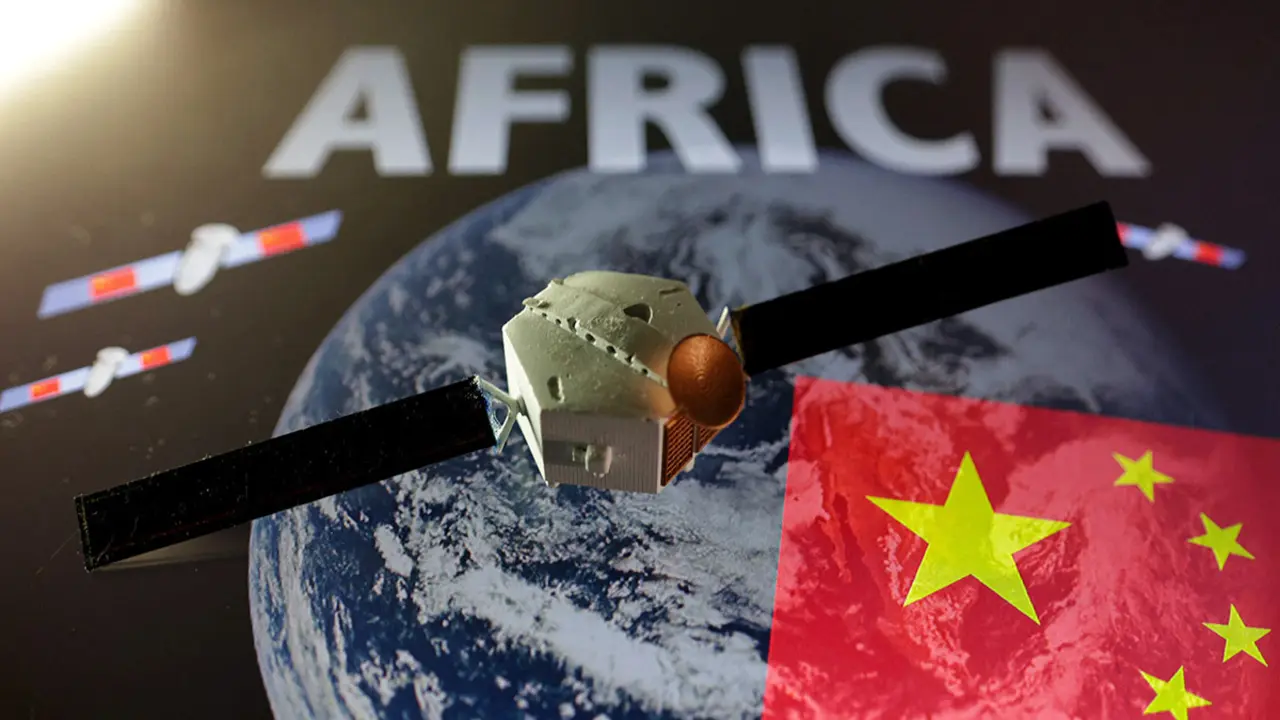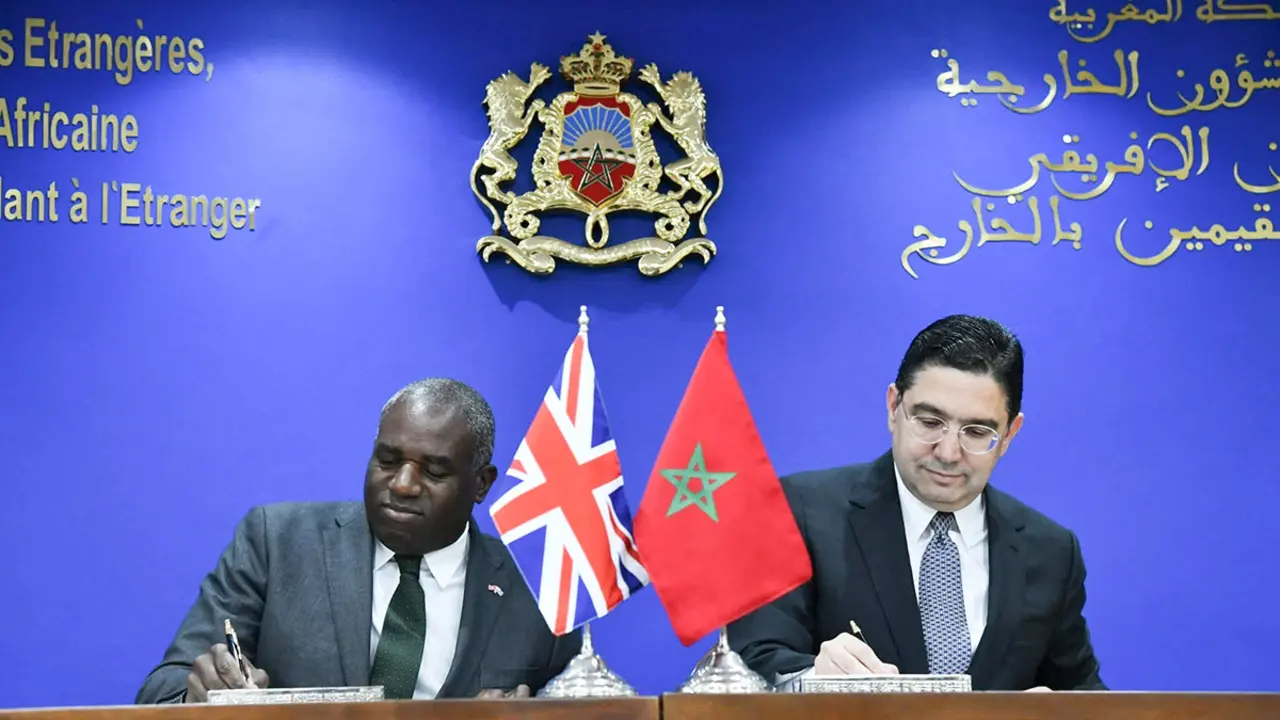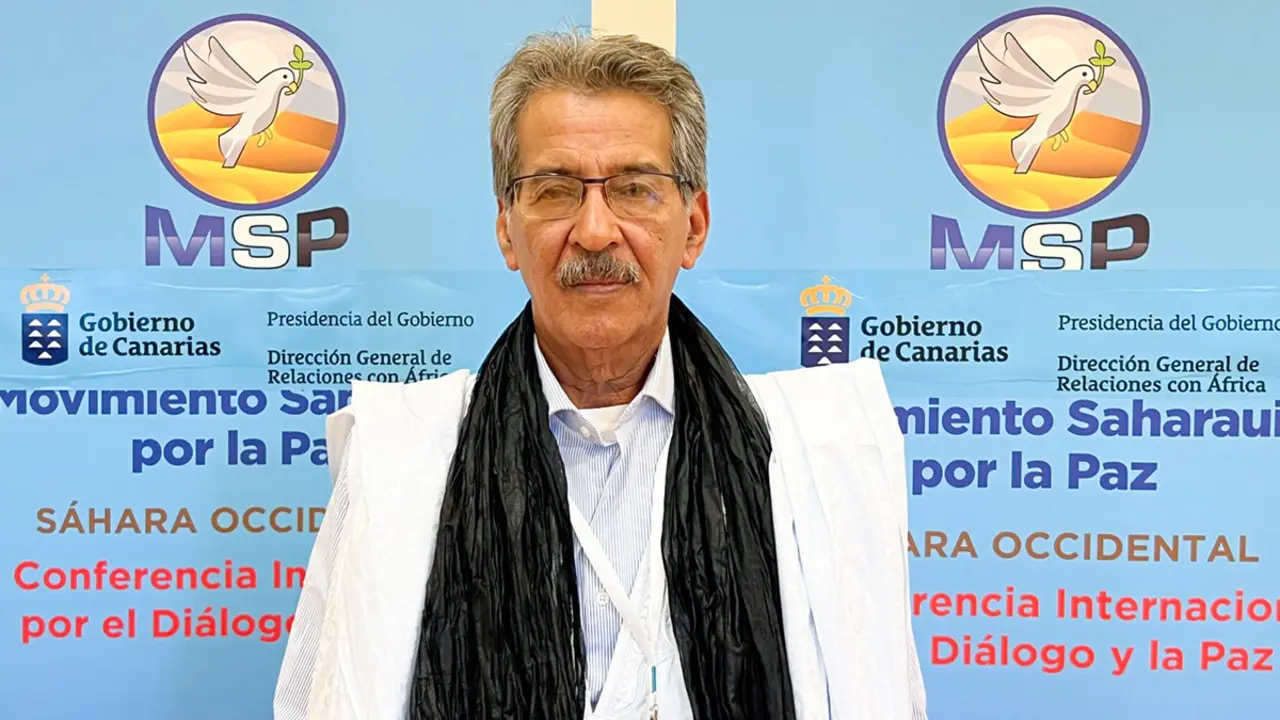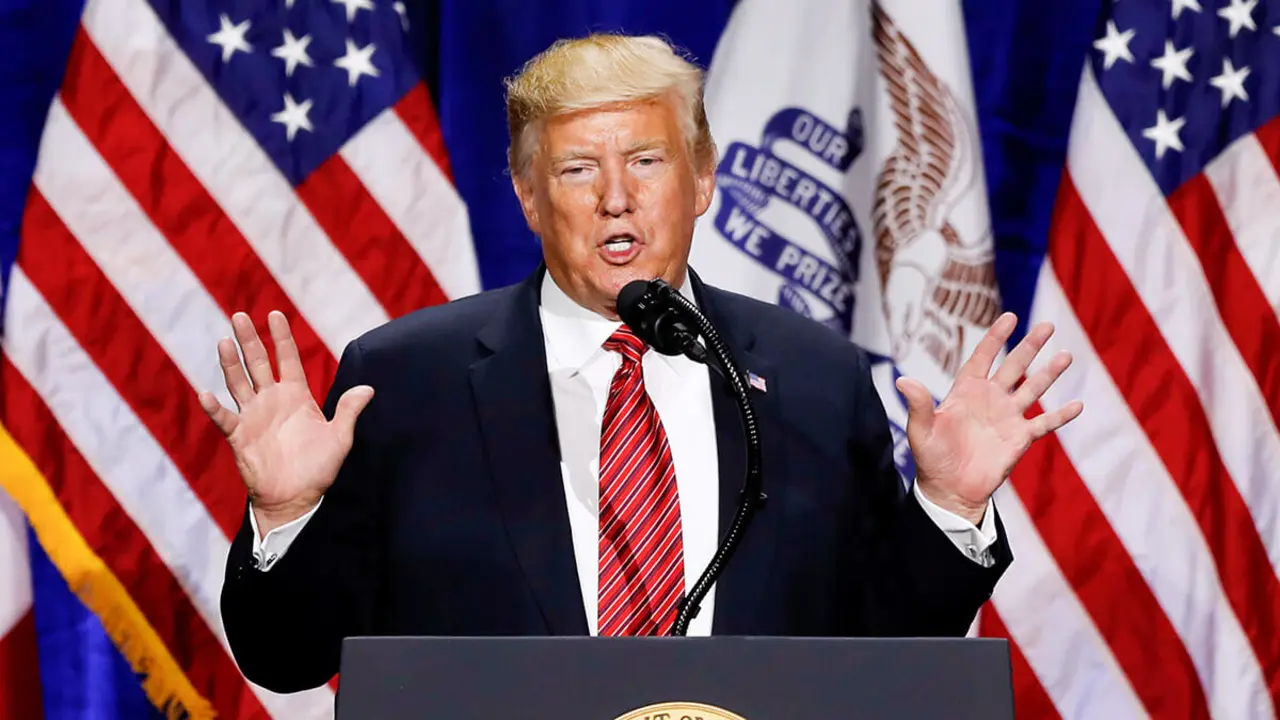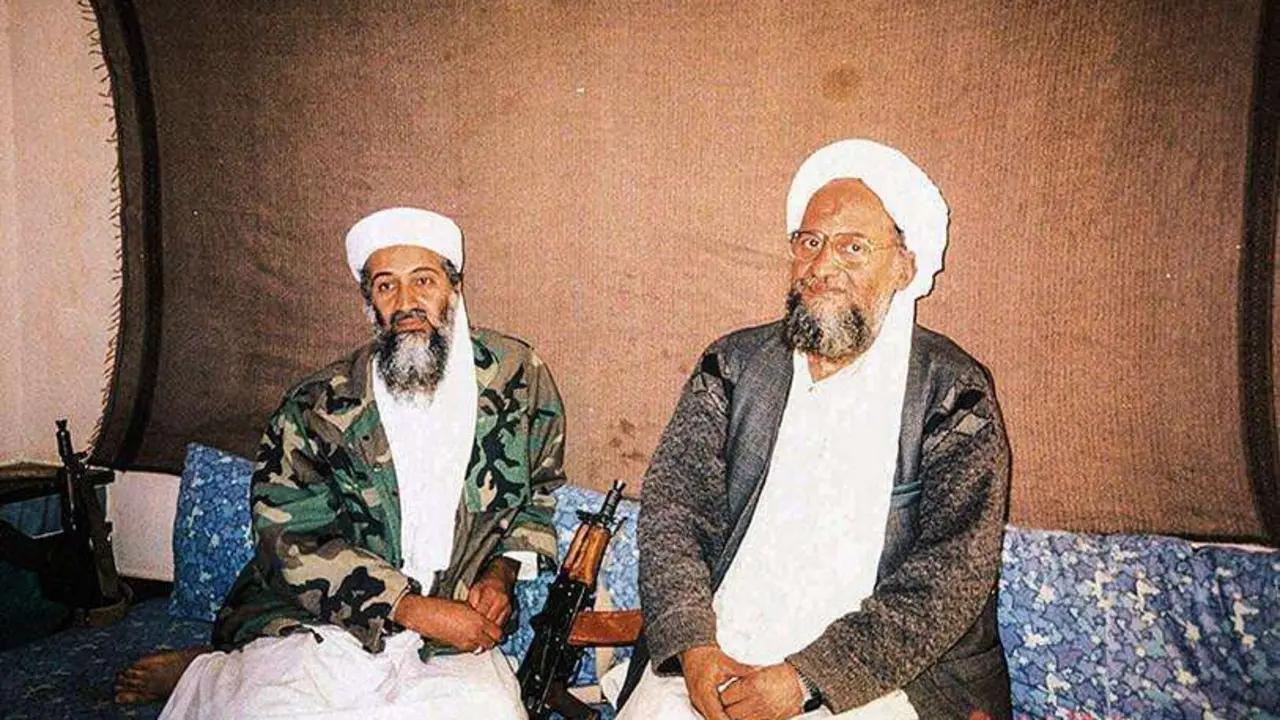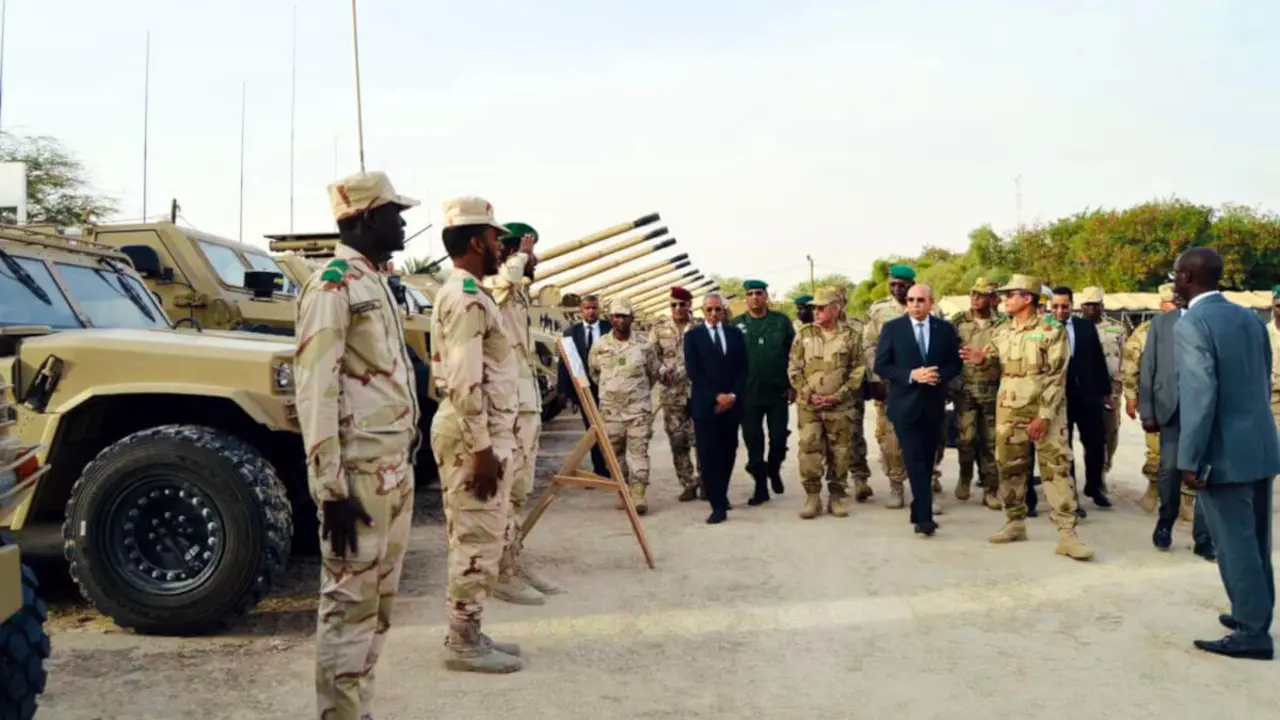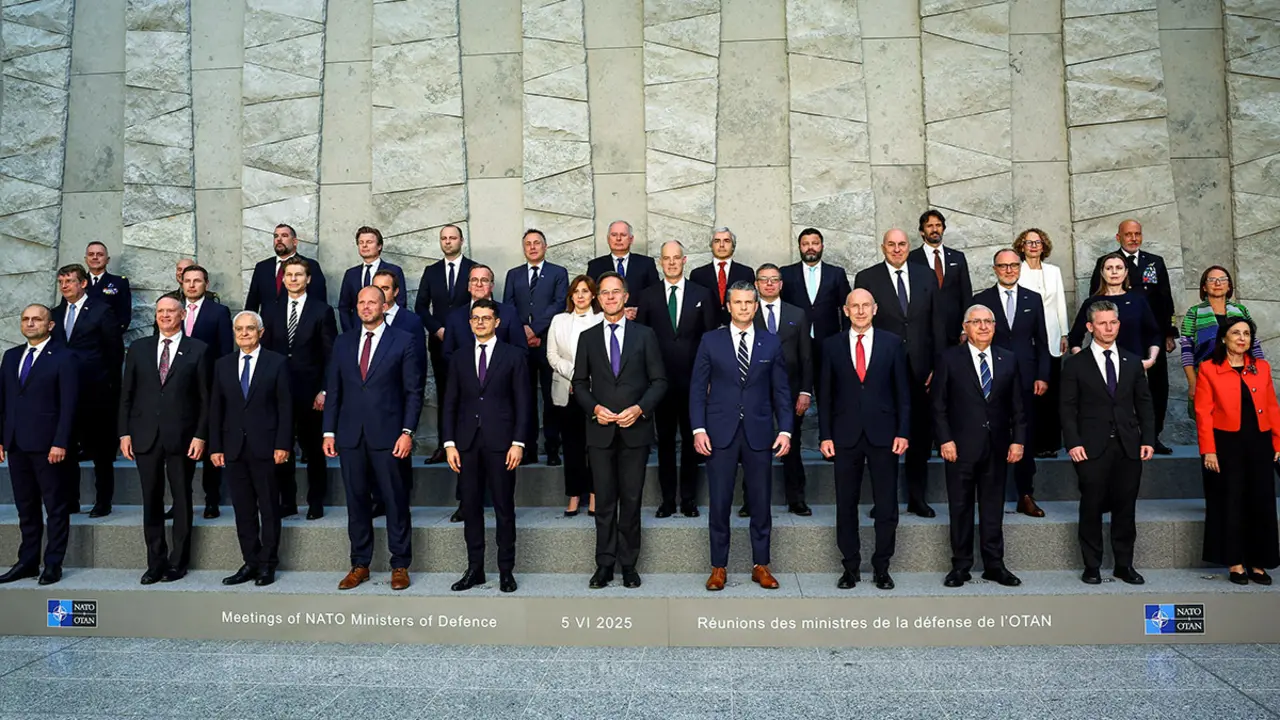Algeria and Mali strengthen military cooperation to contain jihadist advance in the Sahel

Algeria is advancing its foreign agenda with its sights set on the Sahel, a troubled region with which it shares a 3,000-kilometre border. Two of the neighbouring countries, Mauritania and Niger, suffer to varying degrees from the jihadist insurgency. In Mali, the third country, the situation is completely out of control. Terrorist groups are advancing daily and are already advancing positions on the outskirts of Bamako. The transitional military government, which hired the services of the Wagner Group before the withdrawal of French troops, is desperately seeking new partners to stop the bleeding of casualties and territory.
Mali perceives Algeria as the last bullet in the chamber to contain the advance of jihadist groups. The Malian military junta sent its foreign minister, Abdoulaye Diop, to Algiers on Monday to deepen the bilateral agenda and strengthen the Maghreb country's commitment to security in the Sahel. The Malian diplomat met with his counterpart, the veteran Ramtane Lamamra, accompanied by the Malian Minister of National Reconciliation, Ismaël Wagué, another of the uniformed officers in charge. They discussed the effective implementation of the failed 2015 Algiers Agreement, among other issues.

Algeria's mediation proved decisive in unblocking a ceasefire in neighbouring Mali between the weakened government in Bamako and the Coordination of the Azawad Movements, the alliance of separatist groups that collaborated with the Islamist insurgency to overthrow the Malian state. Even today, the roadmap is considered the only possible way out of the crisis that has been tearing the Sahelian country apart since 2012. But it has never been fully implemented. After the signing of the roadmap, Algeria's role in the security of the Maghreb and the Sahel was dissolved and relegated to the background.
Algeria's economic recovery on the back of Europe's energy needs has emboldened the de facto military leadership and the ruling class. They want to regain a foothold in their 'backyard', which has been suffocated by insurgents. President Abdelmadjid Tebboune also wanted to receive the Malian government delegation at the El Mouradia Palace. The parties stressed the cordiality of the meeting, although Tebboune was very critical of the presence of Wagner Group fighters in the region, who have been implicated in numerous human rights violations.
"The money spent on Russian [Wagner] mercenaries would be more useful if it were invested in economic projects in the Sahel," he said in a recent interview. Tebboune's words, seen in Bamako as a clear concession to France in the midst of a bilateral rapprochement, raised hackles in the nationalist circles surrounding Colonel Assimi Goita, the head of the Malian transitional government. In this sense, the Algerian president interprets the solution to the crisis plaguing the region not so much in terms of security as in terms of the economy. For Tebboune, it is "20% security and 80% economy".
Les travaux de la 16ème session du Comité Mixte Algéro-malien, chargé du suivi de la coopération Militaire et Technique, ont pris fin le vendredi 13 janvier 2023 dans l’enceinte du Ministère de la Défense et des Anciens Combattants. pic.twitter.com/poV7DVKKMG
— Forces Armées Maliennes (@FAMa_DIRPA) January 15, 2023
The Algerian leader's stance has not exempted the army's high command from reinforcing the security agreements that link them with neighbouring Mali. The head of the Malian Armed Forces (FAMA), General Ousmane Wélé Diallo, and General Berkale Toufik, representing the Algerian General Staff, signed on Monday a series of military cooperation agreements aimed at speeding up coordination in the fight against terrorist groups operating in northern Mali, near the border with Algeria.
The agreements, which include training and logistical support for the Malian armed forces, were signed by the parties during the 16th session of the Algerian-Malian joint military committee in Bamako. "The aim of this three-day meeting was to take stock of military cooperation between the two countries, to determine the priority needs (training and equipment) of the two parties and to define the activities to be carried out by 2023," the Malian military said in a communiqué.

